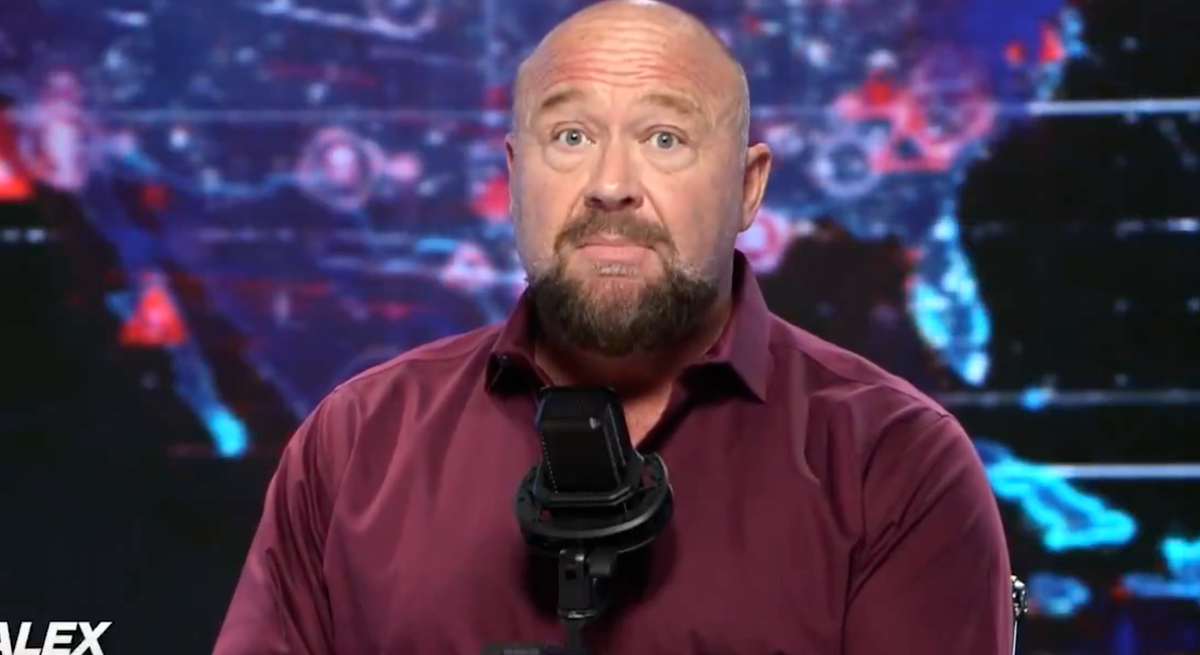Some key excerpts:
On Monday, X filed an objection in The Onion’s bid to buy InfoWars out of bankruptcy. In the objection, Elon Musk’s lawyers argued that X has “superior ownership” of all accounts on X, that it objects to the inclusion of InfoWars and related Twitter accounts in the bankruptcy auction, and that the court should therefore prevent the transfer of them to The Onion.
The legal basis that X asserts in the filing is not terribly interesting. But what is interesting is that X has decided to involve itself at all, and it highlights that you do not own your followers or your account or anything at all on corporate social media, and it also highlights the fact that Elon Musk’s X is primarily a political project he is using to boost, or stifle, specific viewpoints and help his friends
Except in exceedingly rare circumstances like the Vital Pharm case, the transfer of social media accounts in bankruptcy from one company to another has been routine. When VICE was sold out of bankruptcy, its new owners, Fortress Investment Group, got all of VICE’s social media accounts and YouTube pages. X, Google, Meta, etc did not object to this transfer because this sort of thing happens constantly and is not controversial.
Jones has signaled that Musk has done this in order to help him, and his tweet about it has gone incredibly viral.
X calls itself “the sole owner” of X accounts, and states that it “does not consent” to the sale of the InfoWars accounts, as doing so would “undermine X Corp.’s rightful ownership of the property it licenses to Free Speech Systems [InfoWars], Jones, or any other account holder on the X platform.” Again, X accounts are transferred in bankruptcy all the time with no drama and with no objection from X.
Meta, Twitter, Google, LinkedIn, and ByteDance have run up astronomical valuations by more or getting people to fill their platforms with content for free, and have created and destroyed countless businesses, business models, and industries with their constantly-shifting algorithms and monetization strategies. But to see this fact outlined in such stark terms in a court document makes clear that, for human beings to seize any sort of control over their online lives, we must move toward decentralized, portable forms of social media and must move back toward creating and owning our own platforms and websites.



Your complaint is really just a symptom of the problems inherent in the centralization of the internet. The terms of service of basically all tech platforms gives them unilateral control of how those terms are enforced. If one doesn’t like the terms of service set on a given platform, one should not use said platform.
I tend not to agree with them, so I don’t use them. Others should probably do the same.
That’s an immature argument. “If you don’t like guns don’t buy one.” “If you don’t like abortion don’t get one.” Maybe we could think a little deeper?
One of the reasons the internet is so centralised is due to network effects. I have a facebook account because everyone else has one and it’s difficult to maintain a social life and a family life if I exclude myself from that space. I can choose not to drive a car, too but again that would make life much harder for myself. Perhaps we could subject these businesses to some basic standards of accountability and oversight and put the public interest ahead of private profit once in a while.
Given that they can rewrite their T&C or sell to facebook at anytime avoiding practices you dislike isn’t practical.